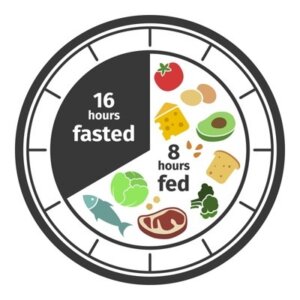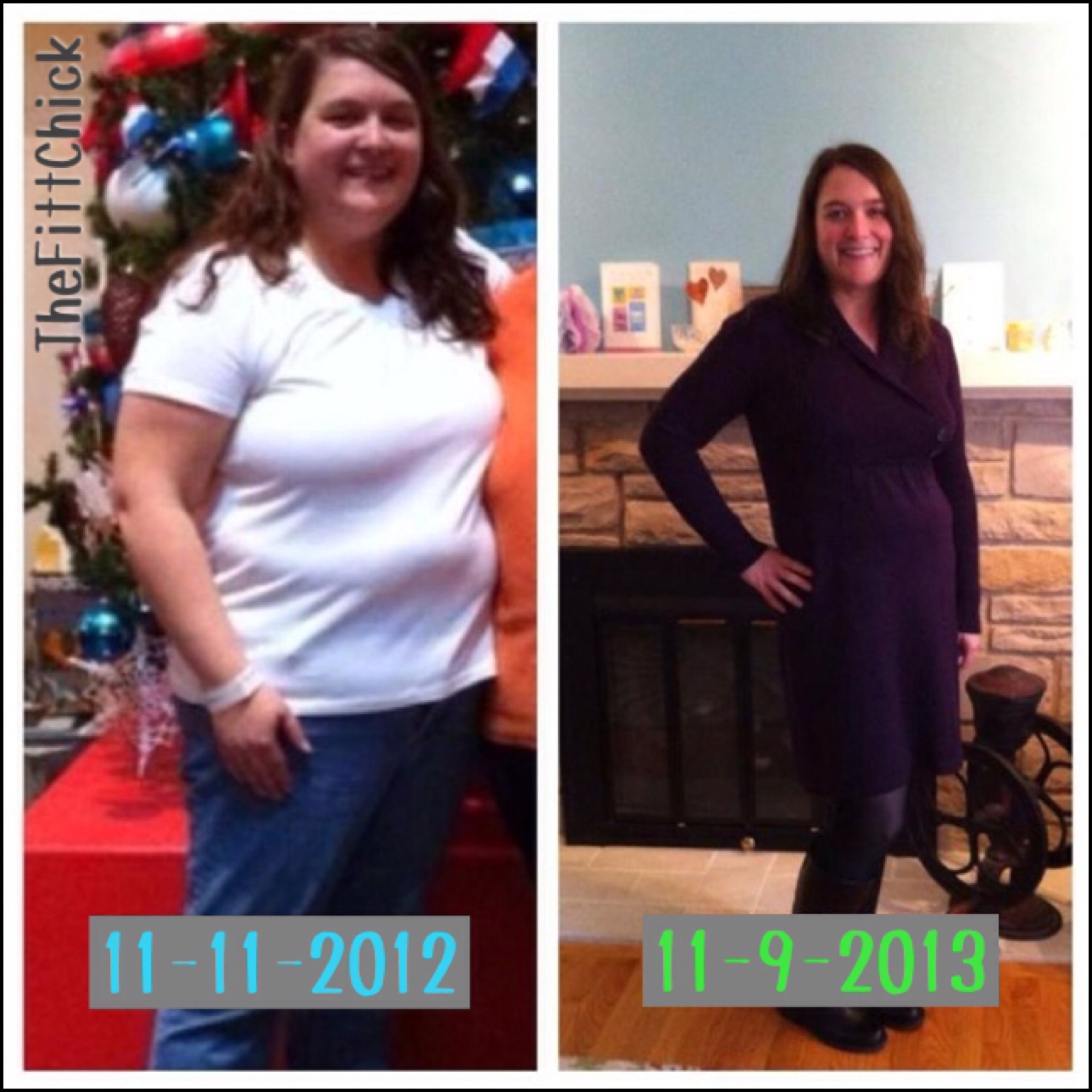
Intermittent fasting is something everyone seems to be talking about right now! I am getting asked more and more about it EVERYDAY! It is actually been widely used for health reasons for years! Contrary to how it sounds, intermittent fasting is not just skipping meals! It is just a different way to think about the foods you eat and when to eat them!
At the most basic level, intermittent fasting is something everyone does every day — it is just a break between your meals. The most common of which occurs when you fast between your final meal of the day (usually dinner) and breakfast the following morning. (Hence the name, “break the fast.”)
Within the health and fitness community, however, people use the term “intermittent fasting” to describe times when you intentionally extend that overnight fast for periods of time lasting anywhere from 16 to 48 hours.
The most popular approach, for example, advocates a 16-hour fast. So if you started eating at 10 am, for instance, you would finish eating for the day at 6 pm, then fast for the rest of the day, and start eating again at 10 am the next day. The hours that you fast don’t matter, just that you go 16 consecutive hours without eating, followed by 8 hours where you do. That cycle repeats every day.

Most people fast for about 12 hours on a daily basis without even thinking about it! By simply extending that fasting window by a few more hours, you’ll start to see why intermittent fasting has become such a huge benefit to those who try it!
DOES IT WORK? For all the health benefits recently linked to intermittent fasting, there’s one MAIN reason why most people try it: TO LOSE FAT, ERASE WRINKLES, AND GET RID OF OF LOOSE SKIN THROUGH AUTOPHAGY!
Your metabolic rate actually increases when you follow intermittent fasting. This ups the number of calories your body burns in a day. Basically, intermittent fasting should create a better environment for your body to burn fat.
Intermittent fasting is one of those tools that works best if you’re self aware and/or working with a nutritionist or health care professional. It can cause stress levels to spike for certain people, so you’ll need to honestly evaluate where you are eating wise and what your long-term goals are. If you think it’s something that can help you manage your health, there are several methods you can try.
Put simply, intermittent fasting can keep you from getting sick, improve your metabolism, and make it easier for your body to recover after a workout.
During intermittent fasting, your calorie intake will probably be more in line with what your body actually needs (unless you over eat during your eating hours). In general, that will help with weight loss, or at the very least, weight gain. Research has shown that short-term fasting increases your metabolic rate by up to 14 percent, so you’ll be more efficient at burning the calories you are consuming.
Should you skip breakfast or take a day off of eating each week? If you believe in intermittent fasting, the answer is yes. Whether or not that’s a great idea for you depends on your personal goals, schedule, and how long you plan on fasting.
If your current nutrition program is working for you, keep on keeping on! If, based on your lifestyle or health status you know that there is no way you could make this work, your are probably right! You know your body best, so follow your gut!
However, if you are thinking that IF might work for you and your goals, and you are tired of counting calories, have been depriving yourself for years, or have found yourself ready for a change; this might be the break you need!
If you are wondering if I have tried Intermittent fasting, the answer is yes! I would never encourage any of you to do something I have not thoroughly researched or tried myself! I love how it allows my GI tract to rest and repair in between meals, and lets my body use stored fat in my cells as fuel. In other words, I AM BURING FAT INSTEAD OF STORING IT WHICH LEADS TO WEIGHT LOSS! Studies also show that IF slows down the aging process, can lower blood pressure and lead to reduced cholesterol. Brand new research also suggests that eating according to your circadian rhythm (eating during the day/fasting at night) promotes deeper and improved sleep. I personally have seen so many benefits from Intermittent Fasting that I have been using it with clients for years.
If you want to learn more about the different types of fasting, if it is right for you, or if I would recommend incorporating it into your daily life; check out this LINK for more info about working together!
Stay Healthy, Stay Safe, and Stay Home!















